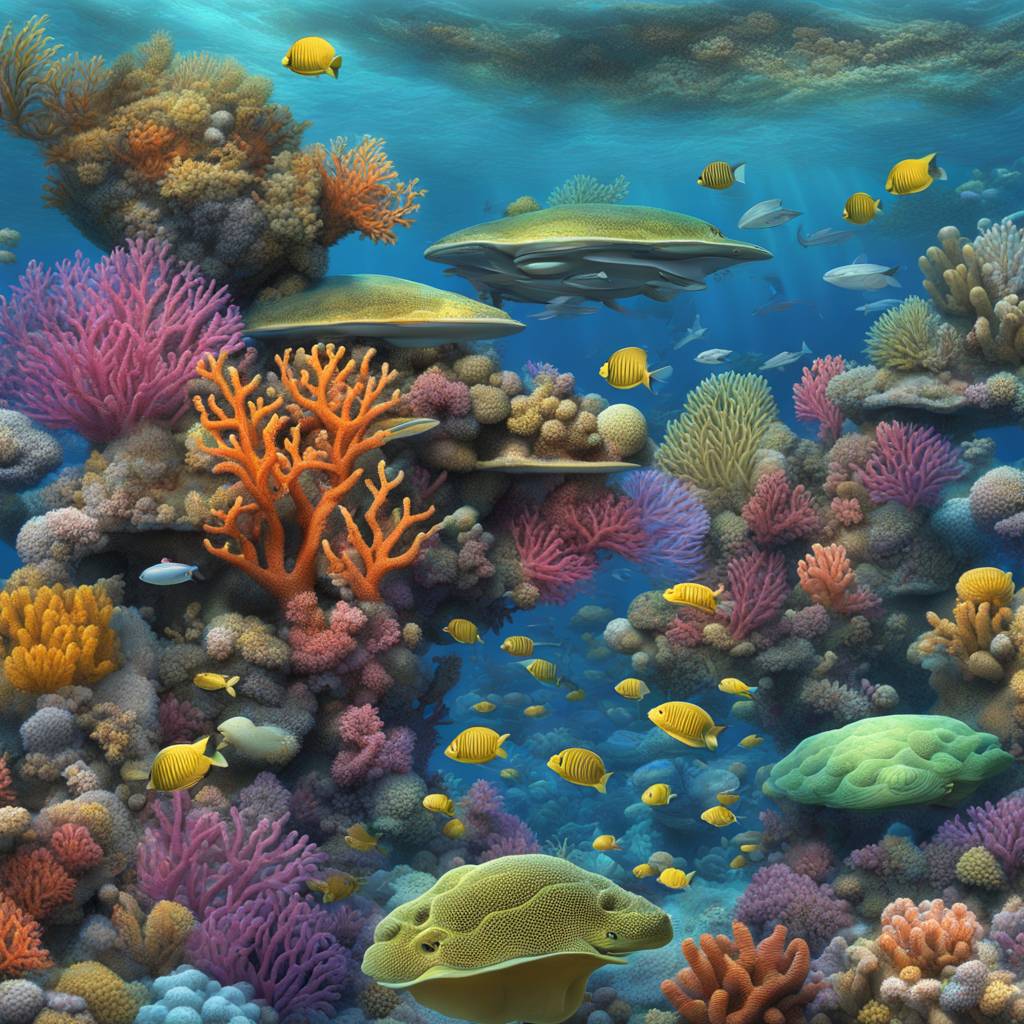Researchers from Florida Atlantic University, along with partners from other institutions, studied the impact of hurricanes Irma and Maria on the Aplysina cauliformis, or rope sponge, population in the U.S. Virgin Islands. The focus was on how these marine organisms recolonized coral reefs after severe storms. By using genetic analyses, they were able to determine the balance between clonality and sexual reproduction within the sponge populations post-hurricanes. This study was unique as most research on storm impacts has previously concentrated on stony corals rather than sponges.
Results from the study, published in Molecular Ecology, indicated that the A. cauliformis population shifted towards greater sexual reproduction for recolonization following the hurricanes. The research found that 85 percent of the sexual reproduction was mainly due to local larval recruitment, with genets and ramets being detected at all sampling locations post-hurricane. Despite the lack of increased genetic diversity after the storms, the study showed that major storm events favored sponge larval recruitment. This balance between asexual and sexual reproduction contributes to the resilience of Caribbean sponge communities in extreme storm events.
Genomic DNA was extracted from samples of the thin purple morphotype sponges collected 14 to 22 months after the hurricanes. The researchers used genomic tools and the 2b-RAD method to estimate genetic diversity among the pre-hurricane and post-hurricane populations of the sponges. Results indicated that sexual reproduction played a significant role in the recolonization of A. cauliformis after the hurricanes, with gene flow observed across distances up to 60 kilometers. This suggests a potential for rapid recovery of the sponge population post-storms, enhancing overall resilience.
The study showed that intermittent disturbances such as hurricanes can impact the structure and function of coral reef ecosystems in the short term. Although storm events can create disruptions, they can also promote diversity by creating open substrate for larval attachment and recruitment. With climate change predictions indicating more frequent intense hurricanes, understanding how different reef species respond to such disturbances is crucial. Research like this can help inform conservation efforts and management strategies for reef ecosystems in the face of changing environmental conditions.
The findings of this study highlight the importance of understanding the mechanisms of reproduction and recolonization in marine organisms, such as the rope sponge. By analyzing genetic diversity and population structure after severe storm events, researchers can gain insights into the resilience of coral reef ecosystems and the interactions between different species. This research was funded by a combination of start-up funds from FAU and a National Science Foundation RAPID grant, further emphasizing the significance of this work in addressing priority concerns related to the impacts of hurricanes on marine populations.













